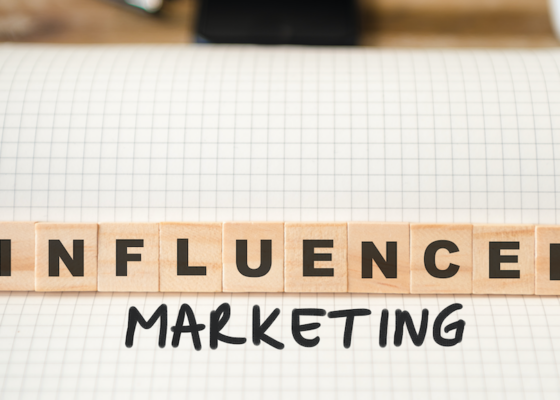Is 2018 the year we see the end of influencer marketing?
There has been a lot of coverage in the media recently about the value of social media influencers, with many companies cracking down on ‘fake followers’.
Brands such as Unilever are leading the way when it comes to preventing the endorsement of fraudulent influencers. The firm has announced it will not work with any influencers who buy followers, in an effort to make advertising more transparent.
According to Forbes, customers want authenticity and a lack of this causes people to not trust brands, so this announcement should be something customers are pleased about.
Influencer Marketing is a billion-dollar-a-year market. The increased volume of influencers who are purchasing followers that are either bots or dormant accounts is likely to devalue the market and reduce consumers’ trust. It could also damage the credibility of those who can and do provide genuine, unbiased reviews.
Louise Pentland is just one YouTube influencer who has openly voiced her opinions on this matter. She commented on Twitter: “Would LOVE for Instagram to weed out the accounts that have bought followers and bots. These ‘grammers work with brands based on their fake sub count and damage the credibility of our industry. It’s easy to spot if you know what to look for and it’s wrong”. With support from influencers in the industry it seems brands really do need to do more when it comes to preventing endorsement of fraudulent influencers.
Keith Weed, chief marketing officer at Unilever, comments that it is hard to pinpoint how prevalent the practise of buying followers is, but he has heard estimates that as much as forty per cent of influencers have been involved at some point, sometimes accidentally.
This makes it really hard for brands to be sure that the influencers they are working with are going to provide the genuine return that they promise. It also makes it harder for brands to identify if the influencer will have any contact with their desired target market at all.
According to PR Moment, customer reviews are sixty per cent more effective than social media endorsements when buying online; and less than two per cent think it is important for products to be endorsed by celebrities.
So, in theory genuine customer reviews should in fact provide more financial benefit to a brand than that of a social media influencer or celebrity.
So, should brands scrap their social media influencer budget altogether?
Realistically, no. Despite research that claims consumers are not swayed by influencers the brand awareness and reputation that can be gained through genuine influencer collaboration is still extremely valuable.
A responsibility does also lie with the social media platforms to ensure stricter protocol is in place to prevent and discourage the practise of buying followers.
Alongside this, it is important for brands to identify which type of influencers are going to be the most valuable to their customers experience. If the company’s target markets not likely to even come across the influencer or be persuaded by their opinion, it doesn’t really matter how many followers that person has.
A microblogger with fewer followers that reaches the customers a brand is targeting, will be much more influential than an influencer who has paid for 600,000 followers and receives little to no genuine engagement. Unfortunately, many influencers work purely off numbers, not off the value they are delivering.
On a more positive note, brands can use the fact that consumers are placing so much trust in customer reviews to their advantage. To achieve the best results, companies could integrate more paying customer reviews into their marketing strategy, as well as using influencer marketing.
Therefore, rather than scrap social media influencers all together, brands should take some time to review the influencers they are using and make the experience more personal, to reach customers effectively.









